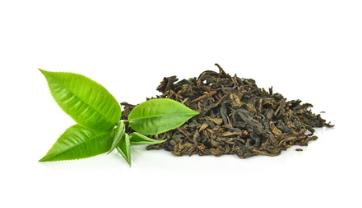Tea is used as a popular beverage worldwide and is made from the processed leaf of Camellia sinensis. Depending on the development of the processed or harvested tea leaves, the types of tea are black (fermented), green (non-fermented), and oolong (semi-fermented). Tea contains polyphenols and other components that can reduce the risk of chronic diseases such as cancer, cardiovascular disease, arthritis, and diabetes. Since ancient times, drinking tea has been considered a health-promoting habit. Modern medical research provides the scientific basis for this belief. At present, the International Standardization Organization-Agricultural Food Technology Committee Tea Subcommittee has formulated clear international standards and testing methods for tea to maintain the reputation of tea, promote the prosperity of the tea market, and protect the interests of consumers.

As a leader in tea testing, Lifeasible offers a wide range of capabilities and testing services for various tea industries. Our tea testing services include but are not limited to:
Considering all tea testing parameters, we test almost all types of teas and perform step-by-step analysis according to procedures and set criteria.
We can continuously measure hazards and continuously improve processes. Our services or solutions are popular in tea production, distribution, and trading activities, and scientific research. We look forward to working with you, and you will benefit from our one-stop service, from testing and reporting to the highest standard of post-analysis. For more information or to discuss in detail, please contact us.
Lifeasible has established a one-stop service platform for plants. In addition to obtaining customized solutions for plant genetic engineering, customers can also conduct follow-up analysis and research on plants through our analysis platform. The analytical services we provide include but are not limited to the following:
Why Do Plants Blush When They Are Hungry?
April 26, 2024
STU-CRISPR System Improves Plant Genome Editing Efficiency
April 19, 2024